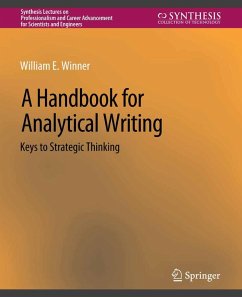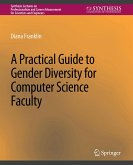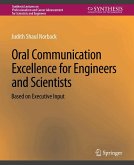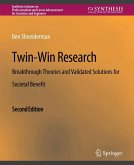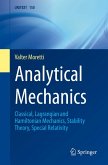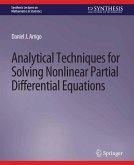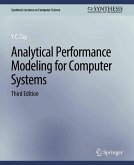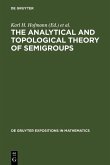This handbook accelerates the development of analytical writing skills for high school students, students in higher education, and working professionals in a broad range of careers. This handbook builds on the idea that writing clarifies thought, and that through analytical writing comes improved insight and understanding for making decisions about innovation necessary for socioeconomic development. This short handbook is a simple, comprehensive guide that shows differences between descriptive writing and analytical writing, and how students and teachers work together during the process of discovery-based learning. This handbook provides nuts and bolts ideas for team projects, organizing writing, the process of writing, constructing tables, presenting figures, documenting reference lists, avoiding the barriers to clear writing, and outlines the importance of ethical issues and bias for writers. Finally, there are ideas for evaluating writing, and examples of classroom exercises for students and teachers.
Dieser Download kann aus rechtlichen Gründen nur mit Rechnungsadresse in A, B, BG, CY, CZ, D, DK, EW, E, FIN, F, GR, HR, H, IRL, I, LT, L, LR, M, NL, PL, P, R, S, SLO, SK ausgeliefert werden.

